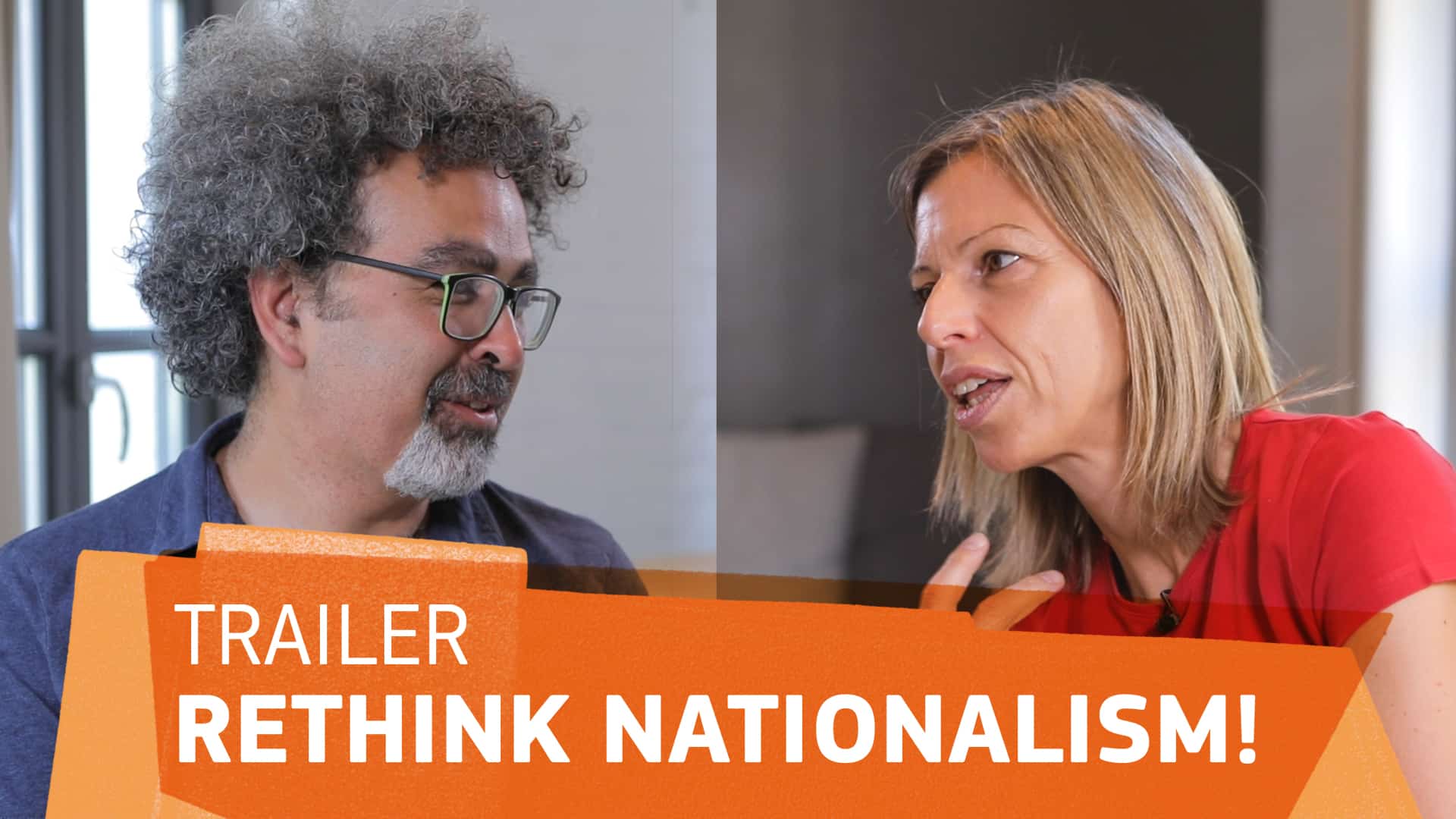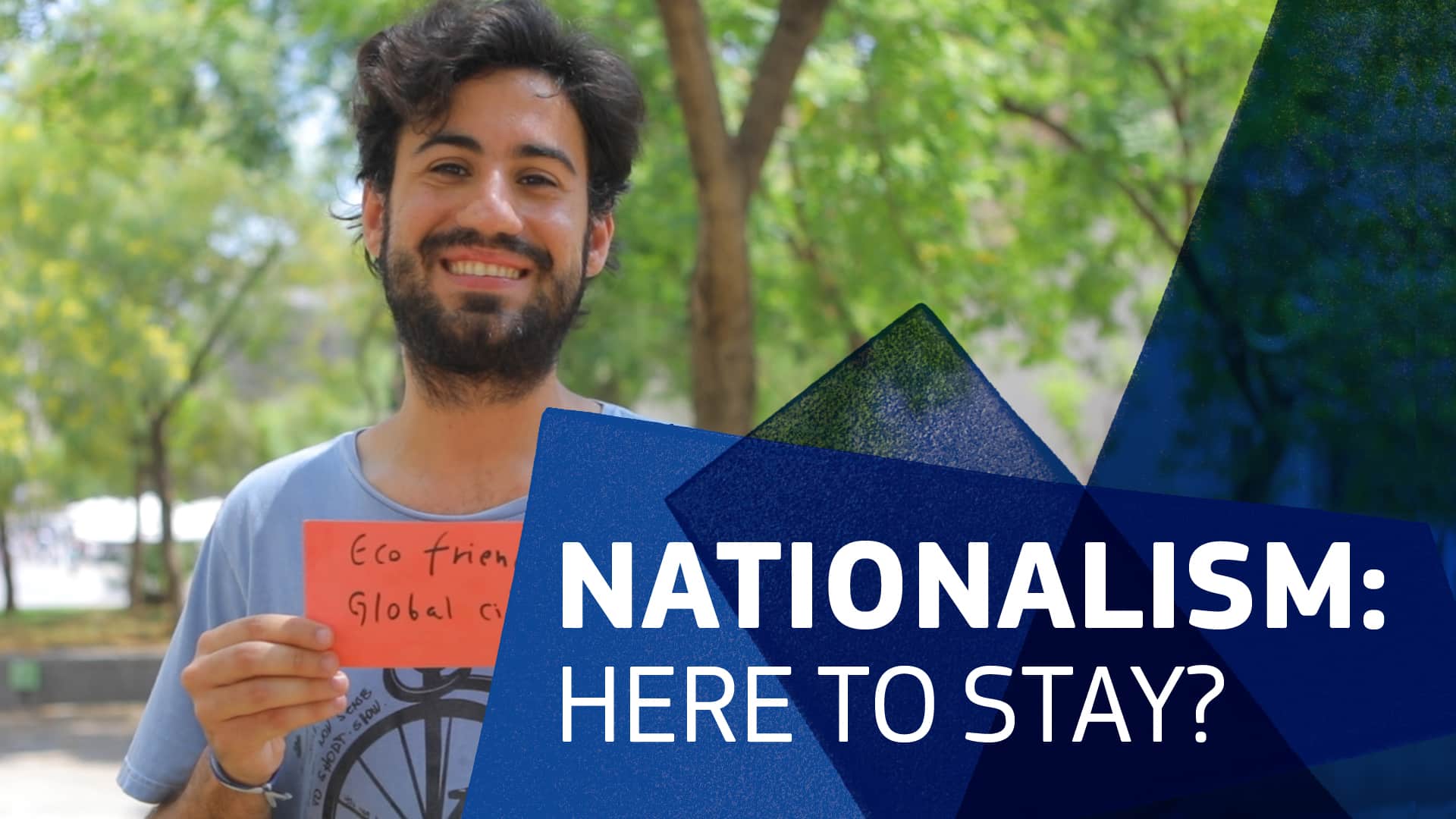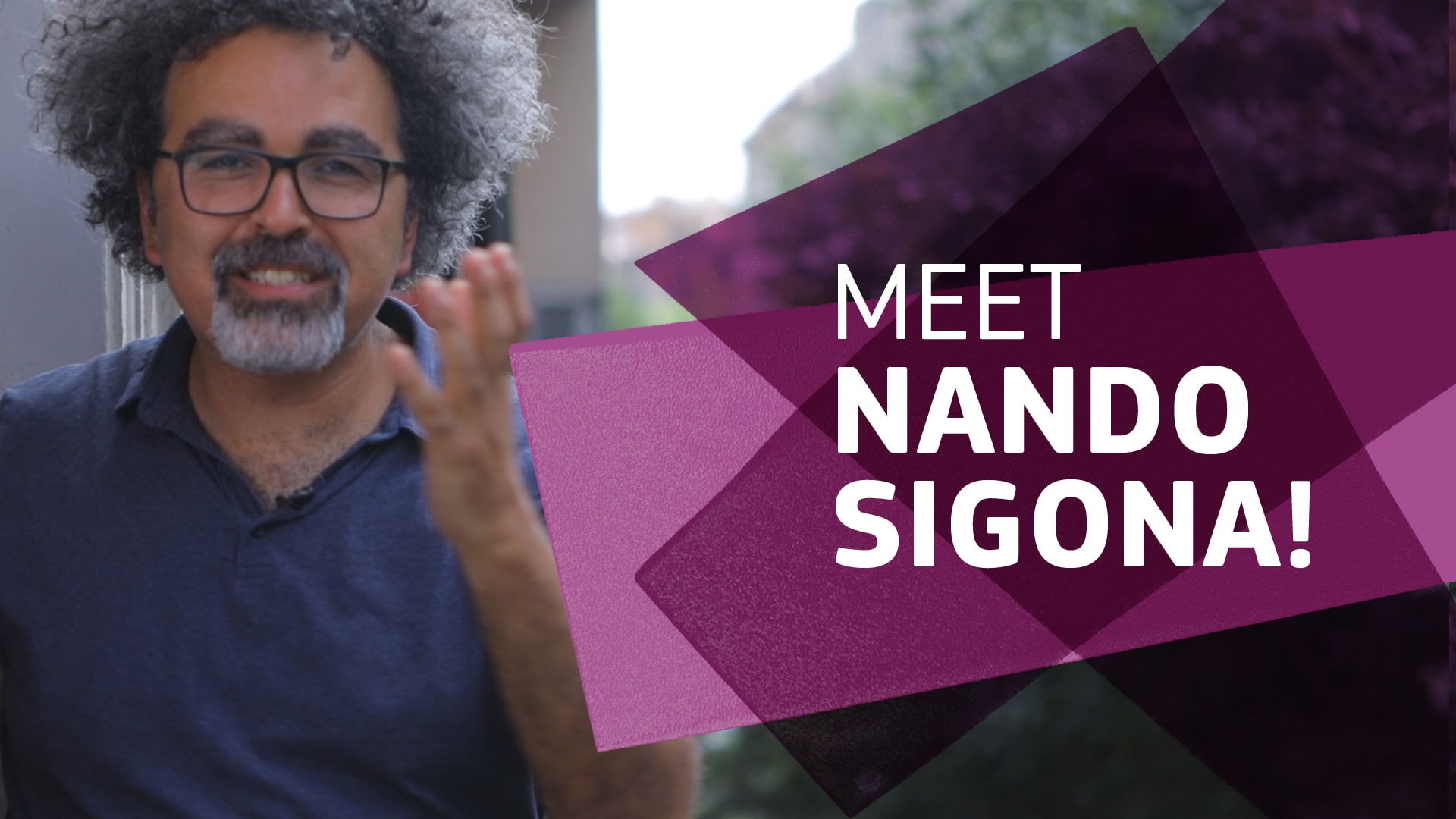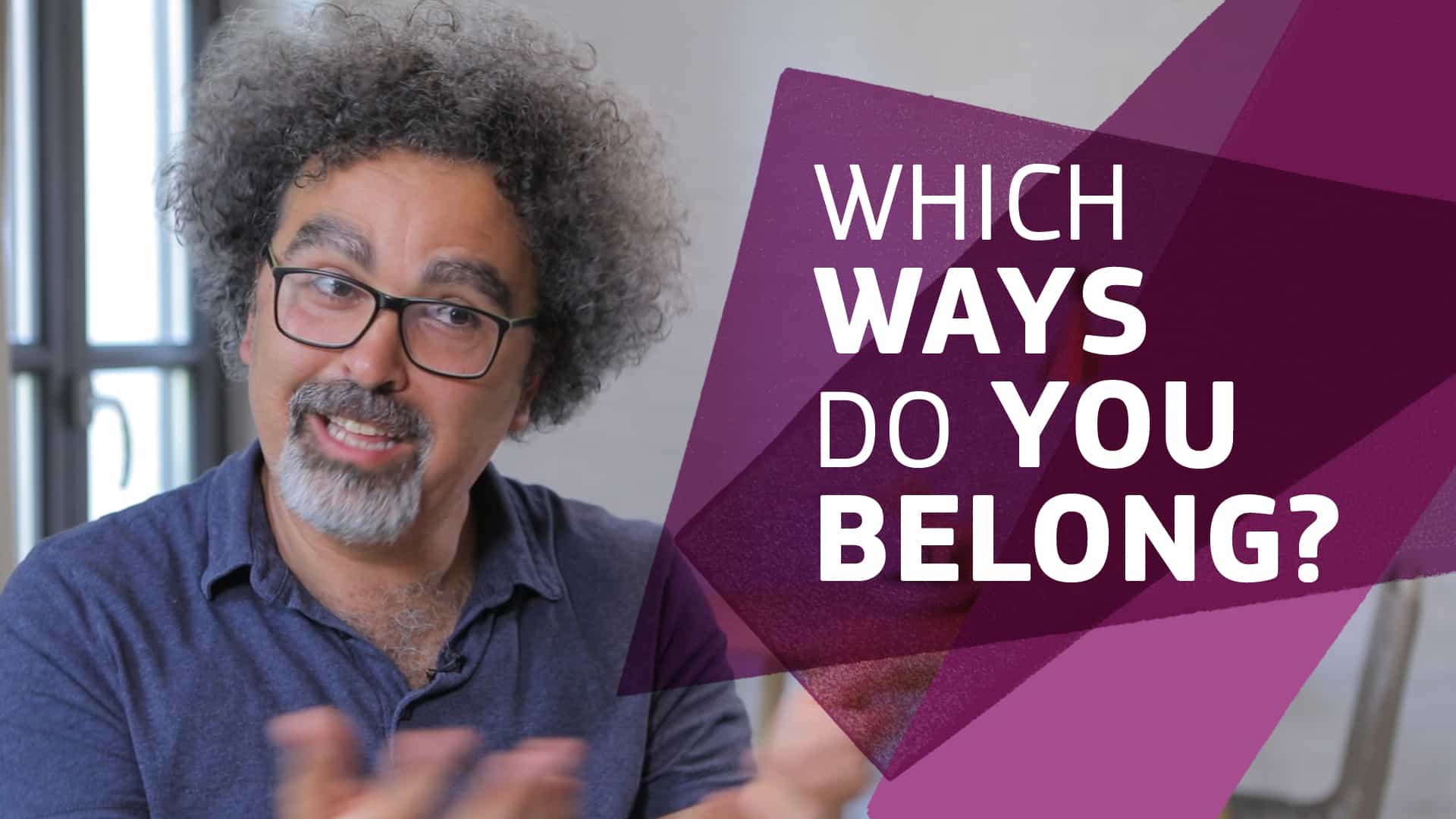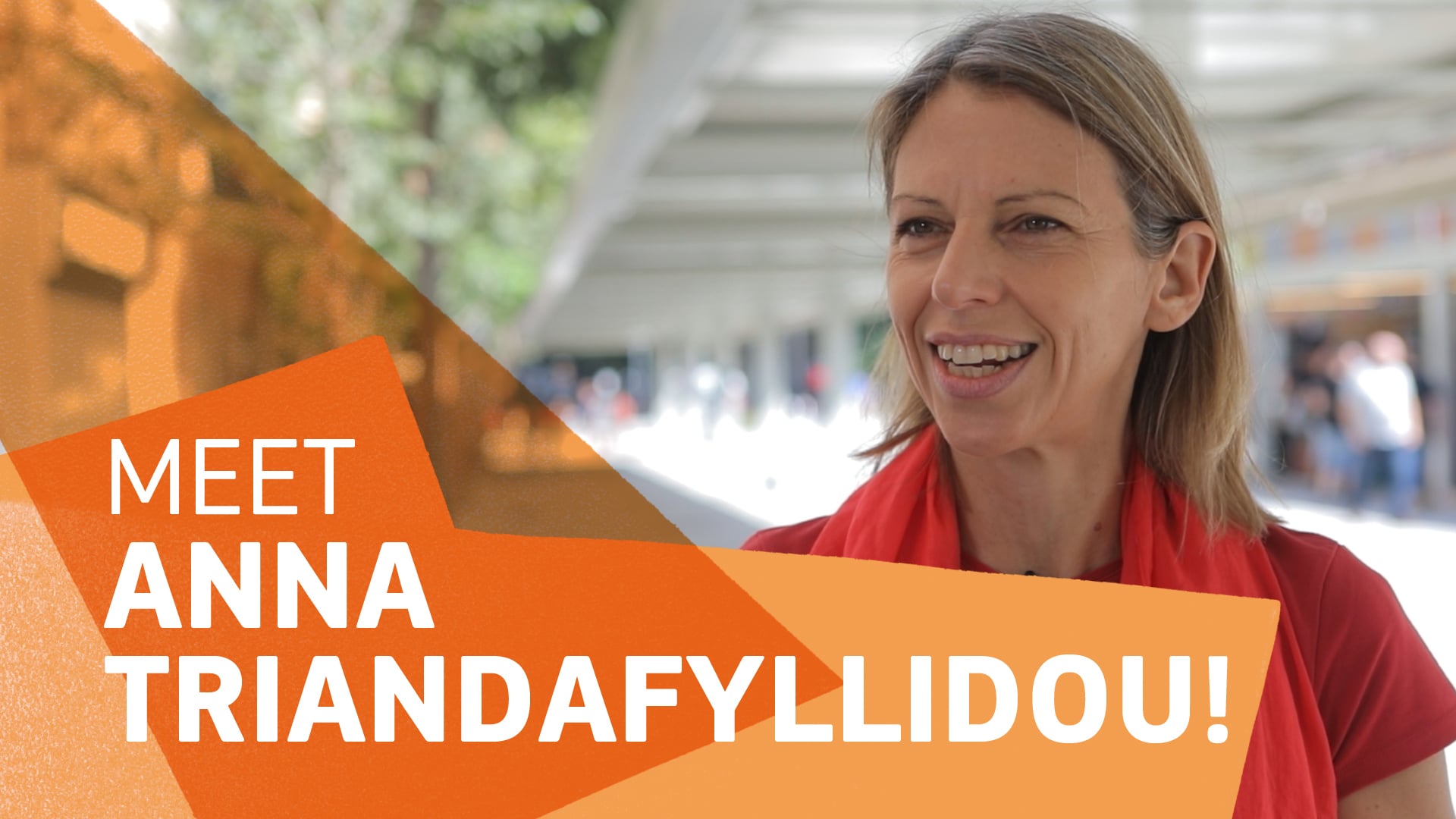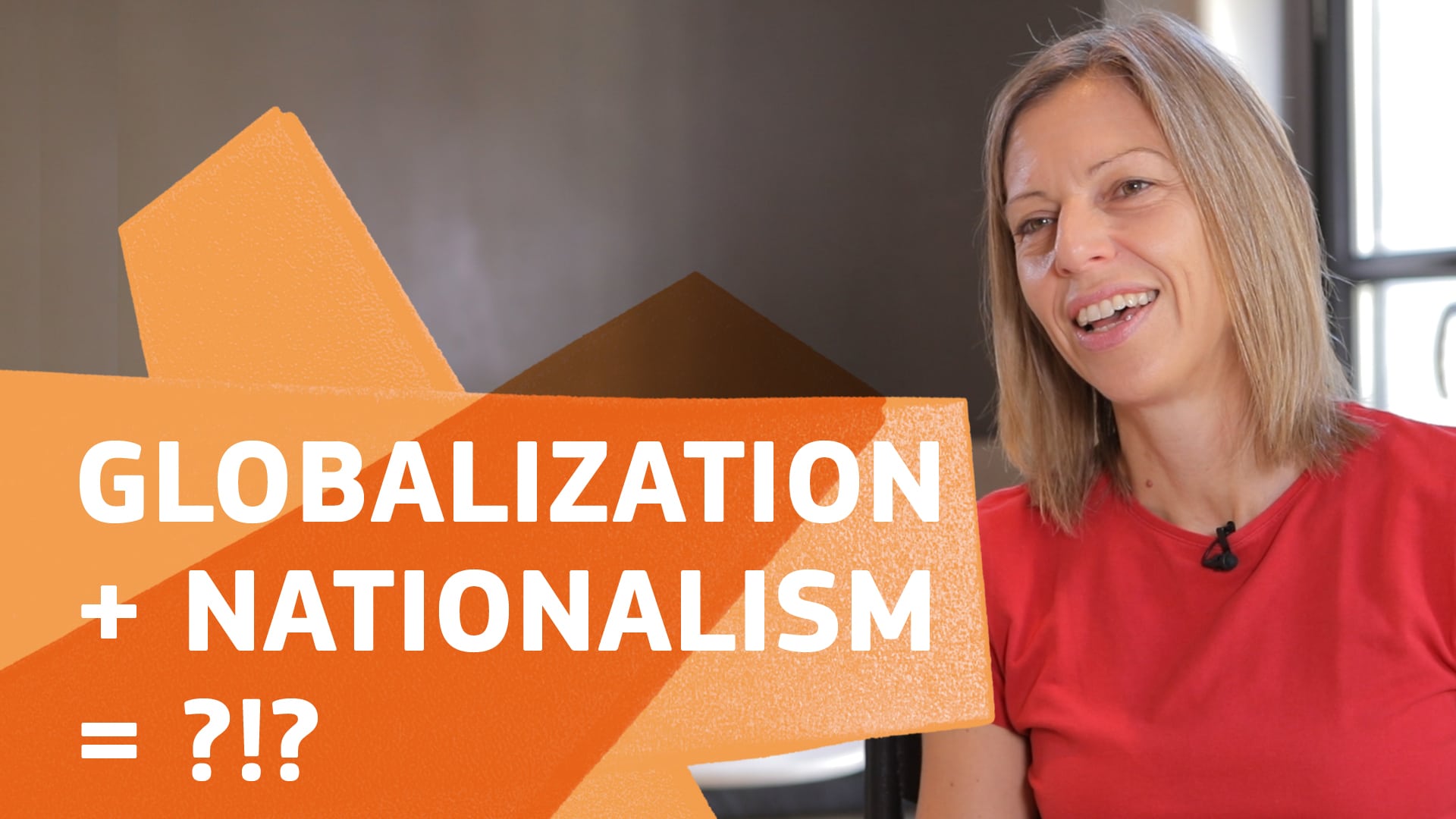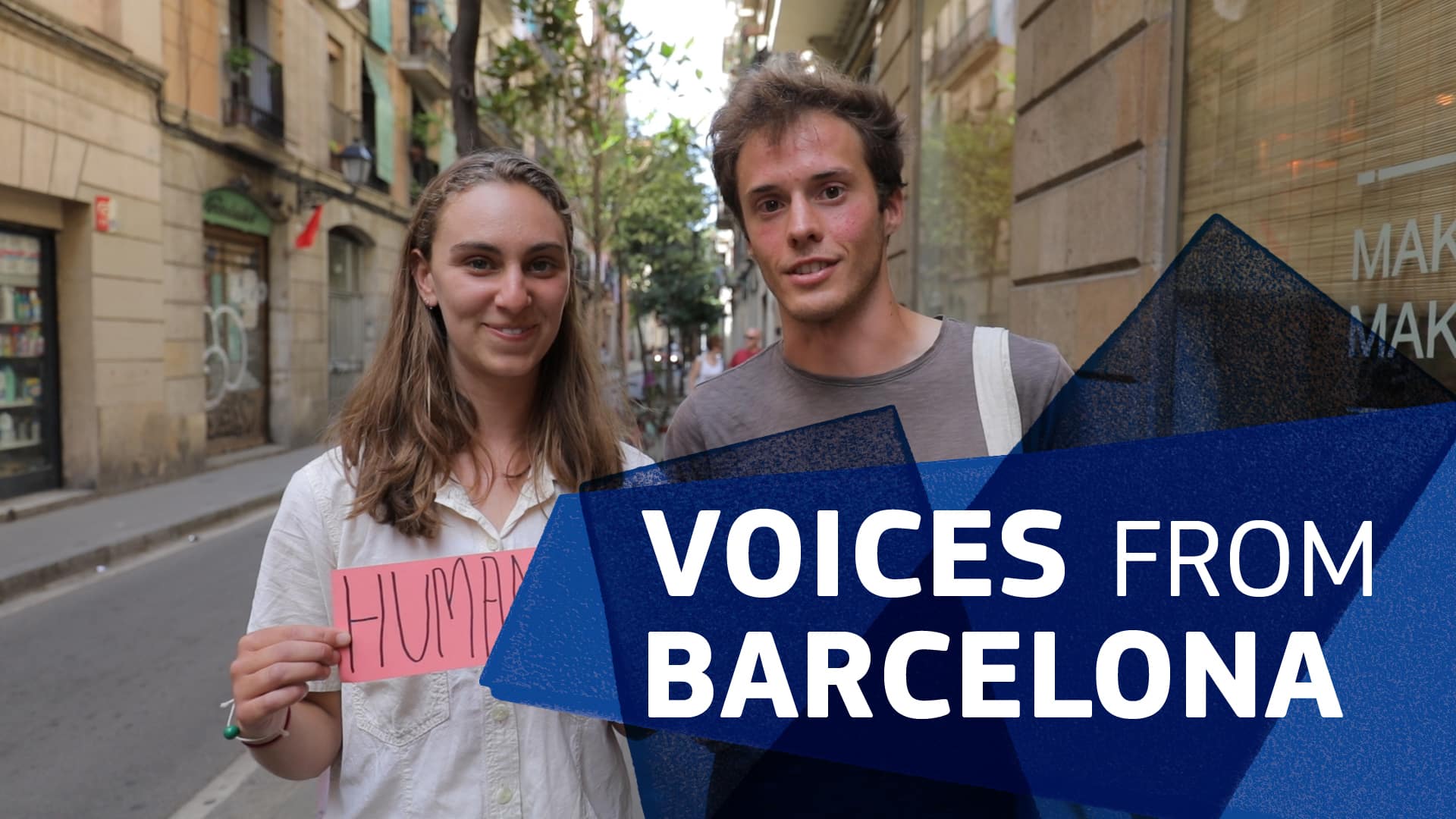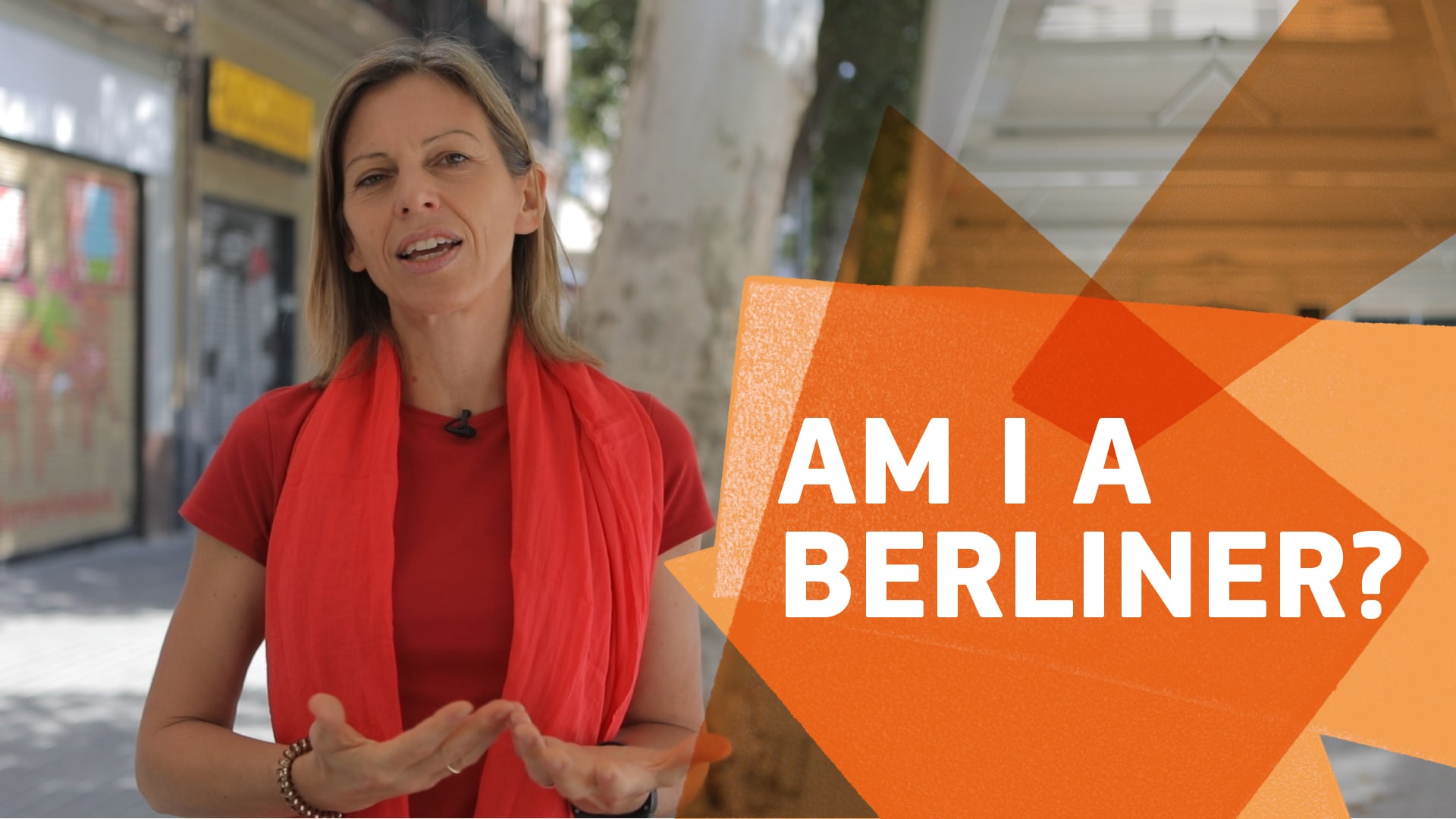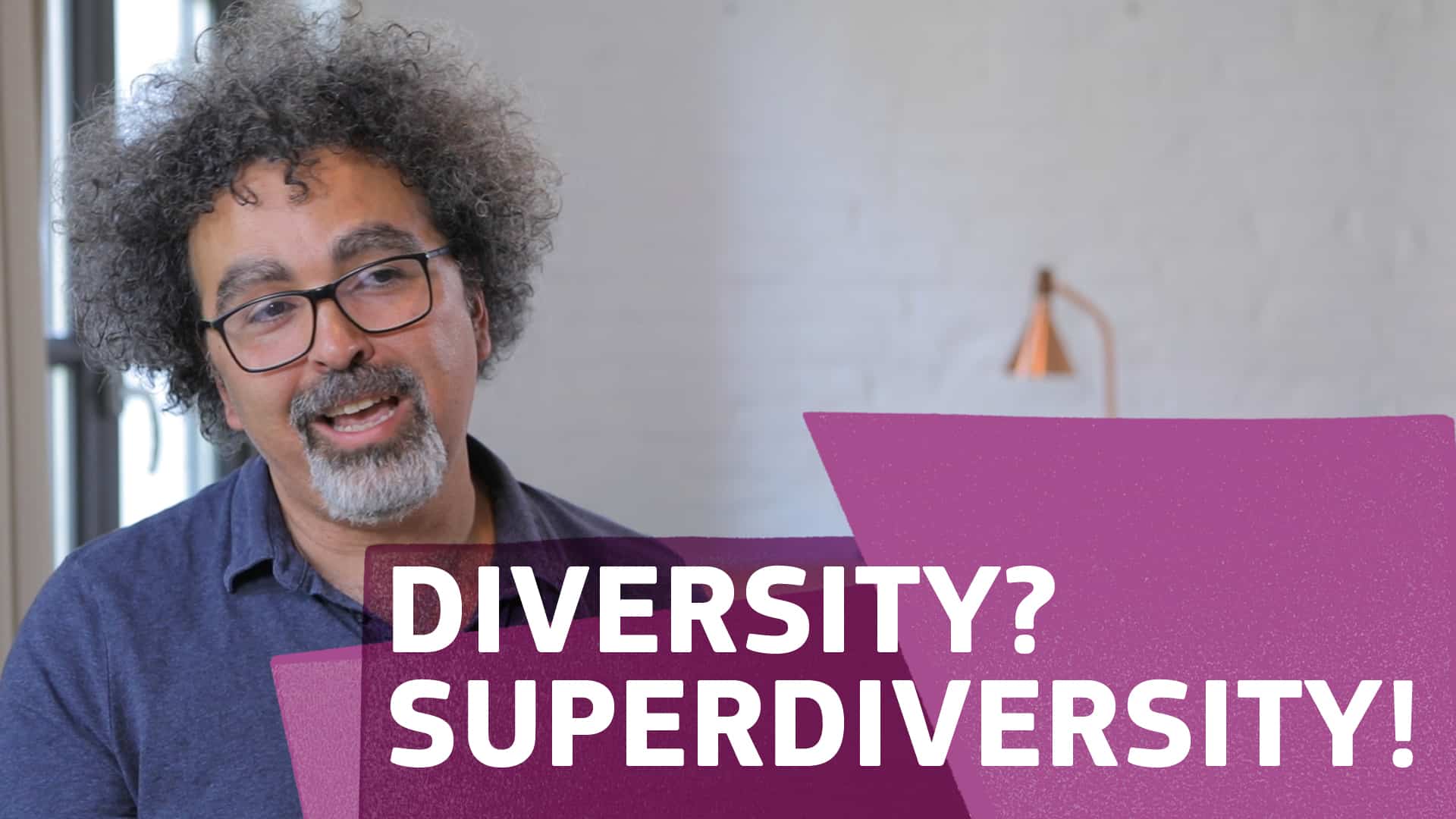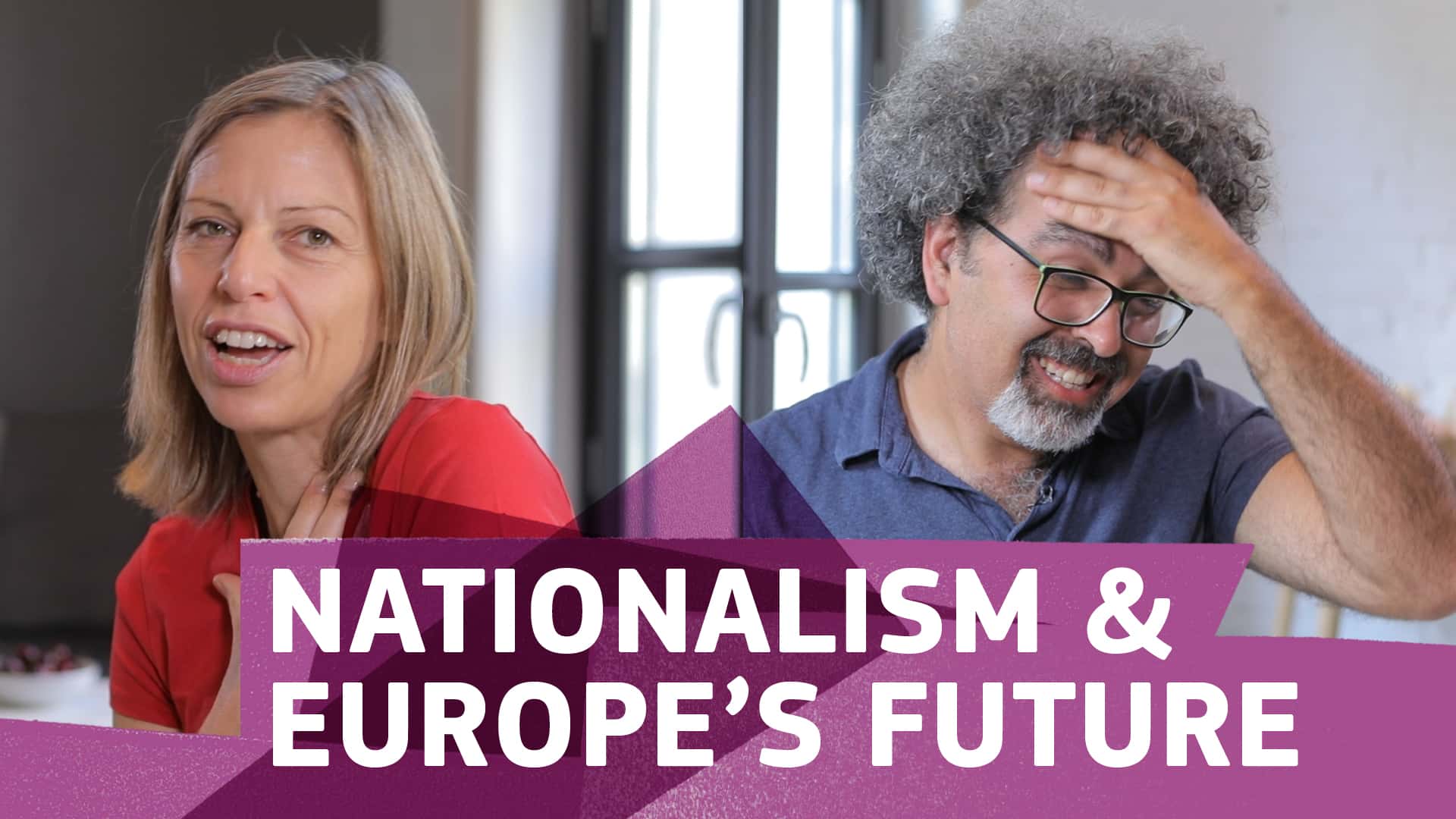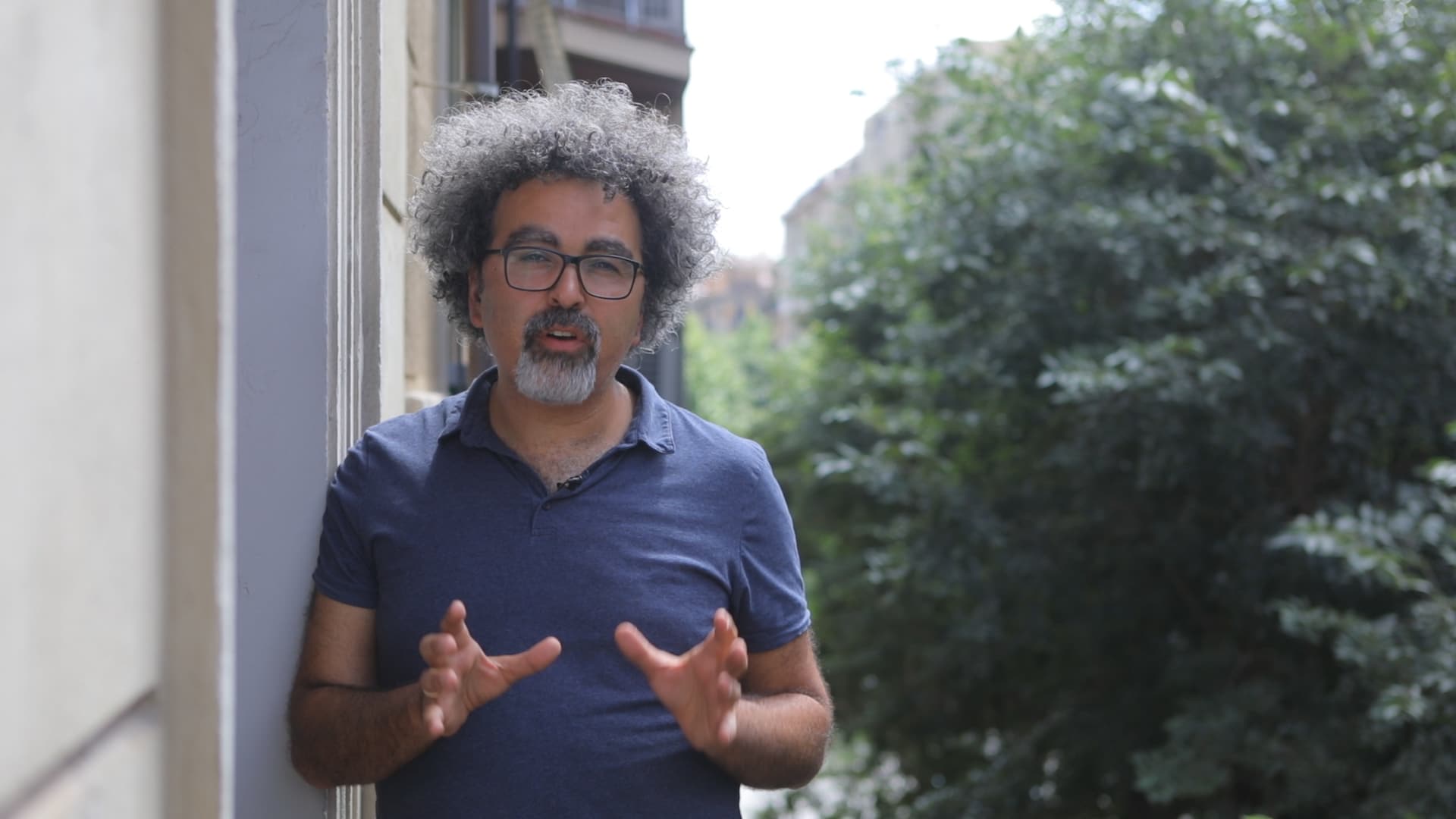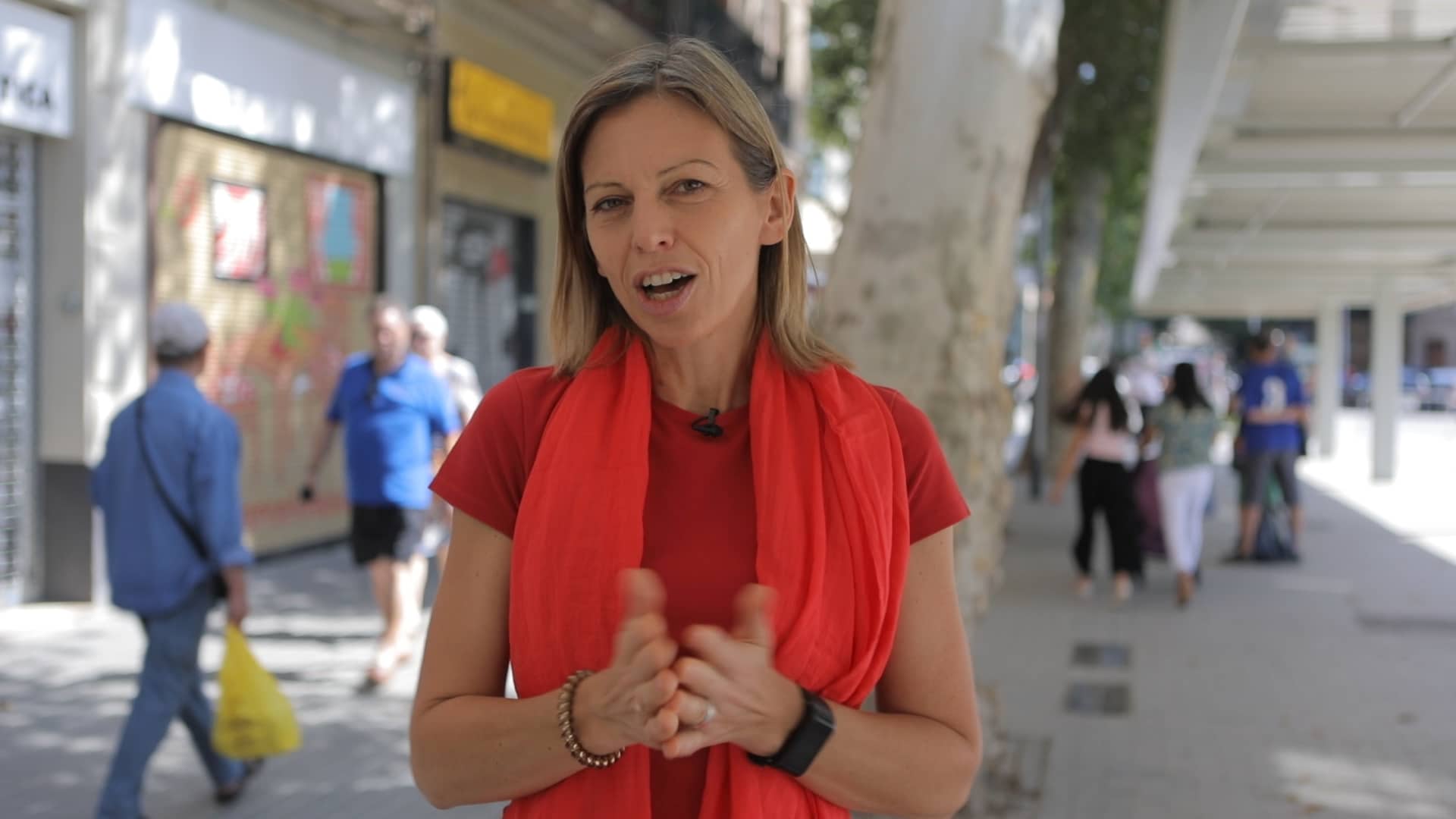These videos were produced by Migration Matters e.V. and are part of “Newcomers and Nationalism: Exploring the Challenges of Belonging in Europe,” an interactive open online course that invites refugees and non-refugee students from all over Europe and the Southern Mediterranean to learn together in an interactive, online classroom as part of the Erasmus+ Virtual Exchange project.
These videos were produced under a contract with the Education, Audiovisual and Culture Executive Agency, financed by the European Union’s budget. The opinions expressed are those of the contractor and do not represent the contracting authority’s official position.
© 2018 European Union and EACEA. All rights reserved.
You are free to embed these videos.
